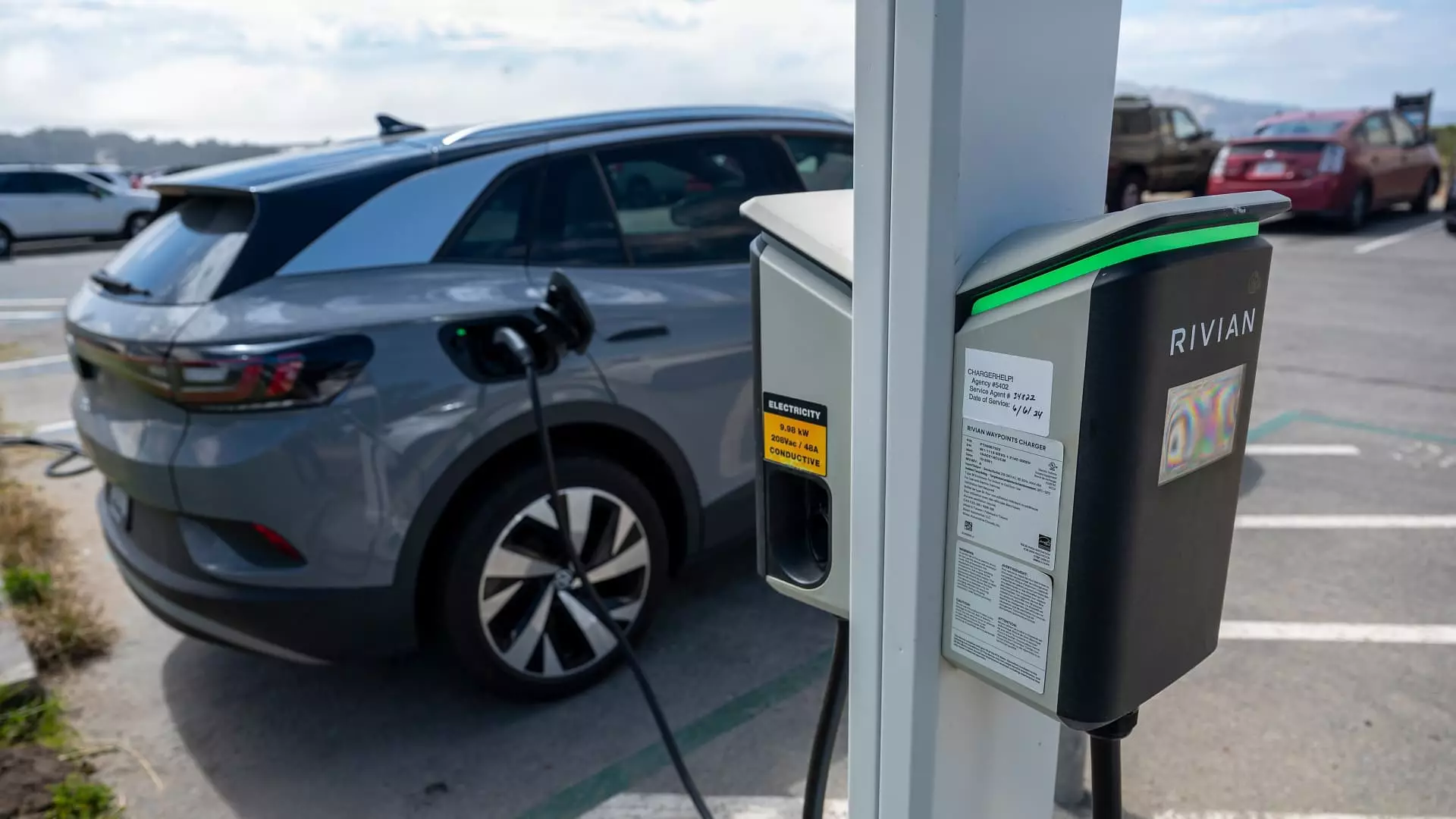Electric vehicles have been gaining popularity due to their potential long-term cost-saving benefits for consumers. While the initial purchase price of an EV tends to be higher than that of a traditional gasoline-powered car, the recurring costs associated with fuel and maintenance are generally lower. This leads to a total lifetime cost that can be competitive or even lower than that of a gas vehicle. The expectation is that as battery prices continue to fall, EVs will more easily reach cost parity with gasoline cars.
Research has shown that the cost comparison between EVs and gas-powered cars depends on various factors such as the specific EV model, the location of the buyer, and how the battery is charged. Some smaller EVs are already breaking even with gas cars, even without incentives, while others still carry a premium price. It is crucial for buyers to consider the long-term payback on that extra cost when making a purchasing decision.
Studies, such as the one conducted by Consumer Reports, have shown that owning an EV can save drivers a significant amount of money over the lifespan of the vehicle. The savings, estimated to be between $6,000 and $12,000 compared to a gas-powered vehicle, are mainly attributed to lower repair and maintenance costs as well as cheaper refueling due to higher energy efficiency. These financial benefits can be further enhanced by federal tax credits and potential incentives from states, municipalities, or utilities.
One of the critical factors that determine the financial benefits of owning an EV is the geographic location of the driver. Regional disparities in electricity and gasoline prices can significantly impact the total lifetime cost of an electric vehicle. For instance, states with lower gas prices may make it harder for EVs to break even financially. Additionally, access to home charging is essential to maximizing cost savings with an EV, as public charging tends to be more expensive.
Cities that are considered EV-friendly share common characteristics such as low electricity costs, high gasoline prices, moderate climates, and direct purchase incentives. These factors contribute to the overall affordability of owning an electric vehicle. Studies have shown that small and low-range EVs are generally more cost-effective than gas vehicles across various cities, even without tax incentives. Longer-range EVs, especially smaller models like compact cars and midsize sedans, can also be comparable in cost without incentives.
While smaller and low-range EVs prove to be more cost-competitive with gas vehicles, longer-range models, typically around 400 miles, still struggle to reach cost parity. Even with subsidies, the highest range EVs are not yet as financially advantageous as gasoline vehicles. This highlights a potential area for improvement in making long-range EVs more cost-effective for consumers in the future.
The cost comparison between electric vehicles and gas-powered cars is a complex issue that involves various factors such as the model of the EV, the location of the buyer, and the charging infrastructure available. While EVs have the potential to save consumers money over the long term, the transition to electric vehicles requires careful consideration of these factors to ensure optimal cost-effectiveness. As battery technology advances and prices continue to fall, the financial benefits of owning an EV are expected to become more widespread, ultimately leading to a more sustainable and affordable transportation option for consumers.


Leave a Reply